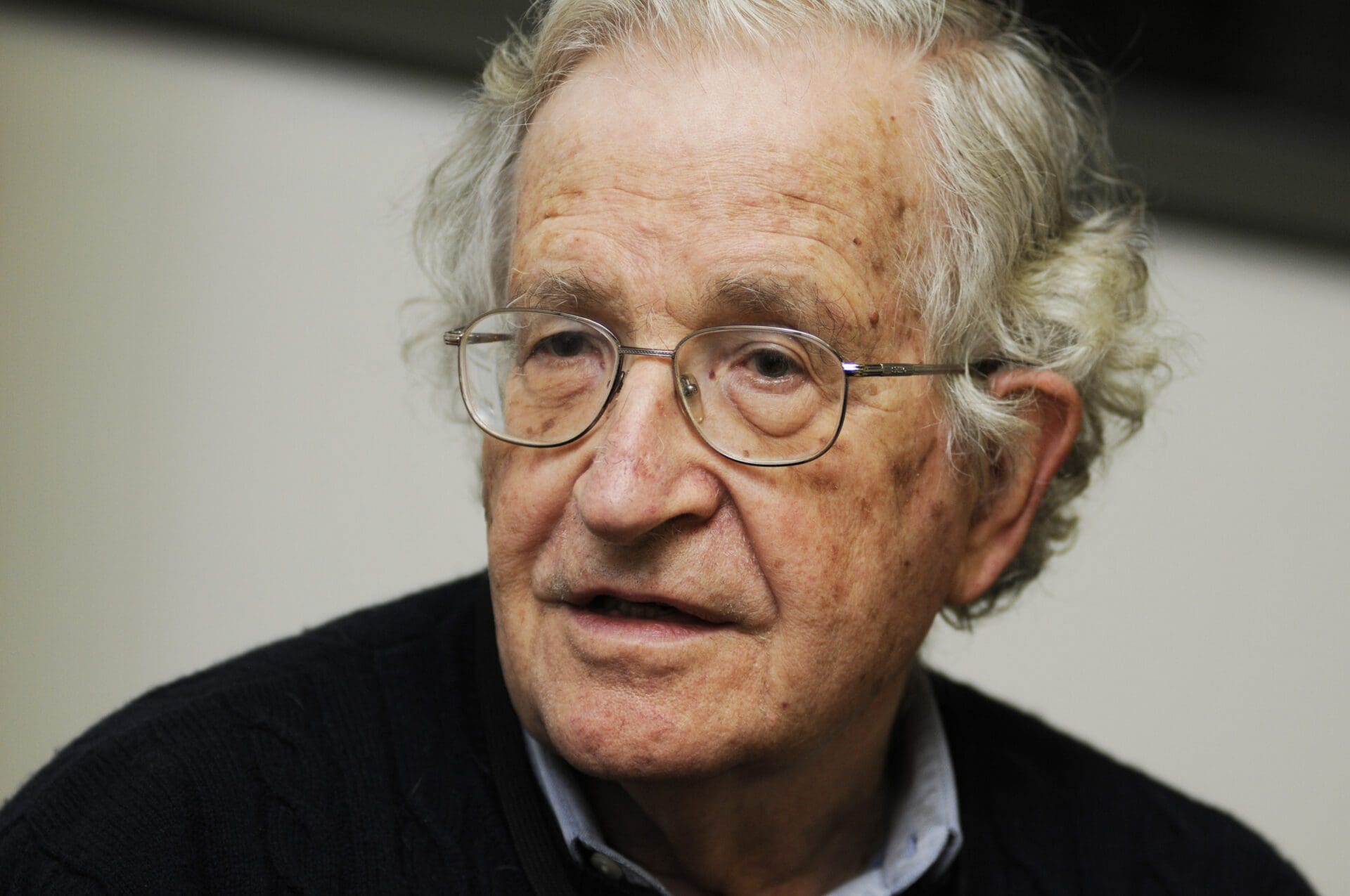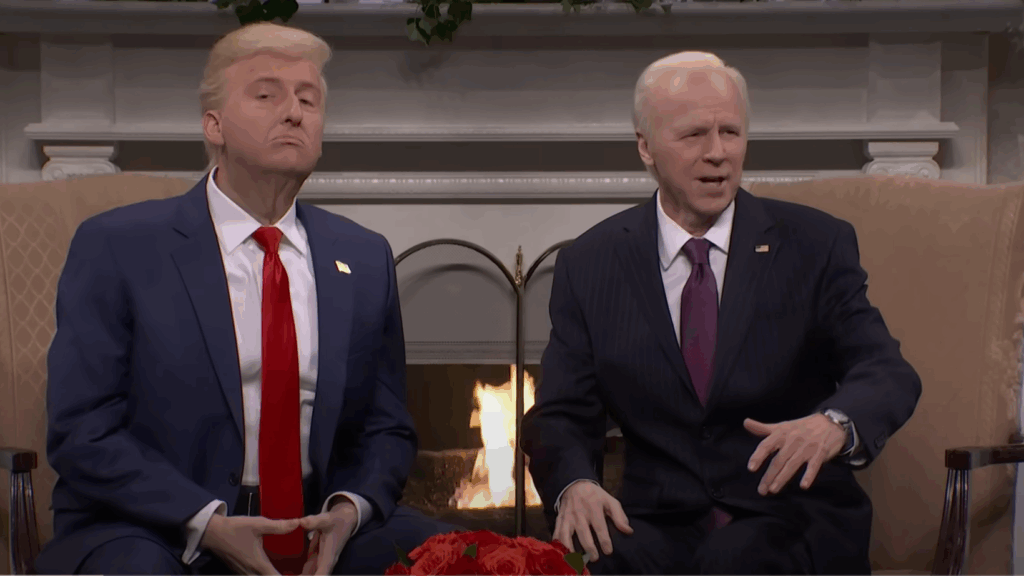Noam Chomsky is a famous linguist, philosopher, and cognitive scientist. While he is mostly known for his books such as Hegemony or Survival, Syntactic Structures, Understanding Power and The Chomsky-Foucault Debate: On Human Nature, most recently the 93-year-old professor made it into the news for his criticism of the US’s Ukraine policy and approach to the war. First, he came out against the Western censorship of Russian media (for instance, the blocking of Russia Today), arguing that not even during the Cold War had Americans so little access to news from ‘the other side’ as today. The breakdown of conversation between the two sides leads to further polarisation, and the lack of common understanding to the prolongation of the war, Chomsky said. He also compared the war in Ukraine to that in Vietnam and Iraq, criticising Washington’s blindness to the global South’s view which does not see a difference between assertive American and Russian foreign policy, and therefore, opposes sanctions on Russia. Finally, while Chomsky maintains that the USA should supply defensive weapons to Ukraine, he argues that Washington should simultaneously work on a diplomatic solution to end the war.
Chomsky and similar ‘Russia realists’ are not only viewed to be wrong, but also intellectually as well as morally corrupt
The backlash against Chomsky and his views was quick and fierce—Chomsky and similar ‘Russia realists’ are not only viewed to be wrong, but also intellectually as well as morally corrupt. A series of well-established international journals condemned both Chomsky and Henry Kissinger (who holds a similar position) for their views, especially after Kissinger argued that Ukraine might need to cede some territories to prevent further bloodshed. The Atlantic article opposing Russia realism went so far as to start with the Orwell quote ‘pacifism is objectively pro-fascist’, to demonstrate how wrong the position of these two intellectuals is. There are two facts, however, that the Atlantic article, and other critiques of Russia realism do not seem to reckon with. First, today’s Russia is nothing like Hitler’s Nazi Germany was—the war in Ukraine claimed a lot of innocent civilians’ life, but it is hardly comparable to what Hitler’s regime had done. So, while opposing the war against Nazism could be argued to be ‘pro-fascist’, this is not the case when it comes to Russia’s war in Ukraine. Second, Chomsky does support sending defensive weapons to Ukraine to help the country fend off Russian aggression—but he also wants the US to engage in diplomatic efforts to end the war and the as soon as possible. Nevertheless, it seems that any intellectual who wishes to promote a negotiated end of the war is branded as morally bankrupt.
But why is it ‘moral bankruptcy’ to negotiate with a regime—no matter how evil it is—to end a violent conflict? After all, the point of negotiation is to end killing—preserving human lives is not exactly an unethical goal. What is more, the United States has historically been willing to negotiate with many ‘evil’ regimes to bring about peace. The atrocities and genocide committed during the Yugoslav war are well known, nevertheless, the United States was involved in negotiating a peace treaty (the Dayton Accords) to end the massacre. China is known to have committed a series of human rights violations, and yet the United States seeks constructive communication with Beijing to preserve peace and secure the position of Taiwan. If it is not ‘moral bankruptcy’ to sit down with post-Yugoslav countries that had engaged in ethnic cleansing, or with China, North Korea and several other tough dictatorships, why is it ‘moral bankruptcy’ to suggest sitting down with Moscow? Why is it perceived to be ‘moral bankruptcy’ to work on ending a tragic war?








